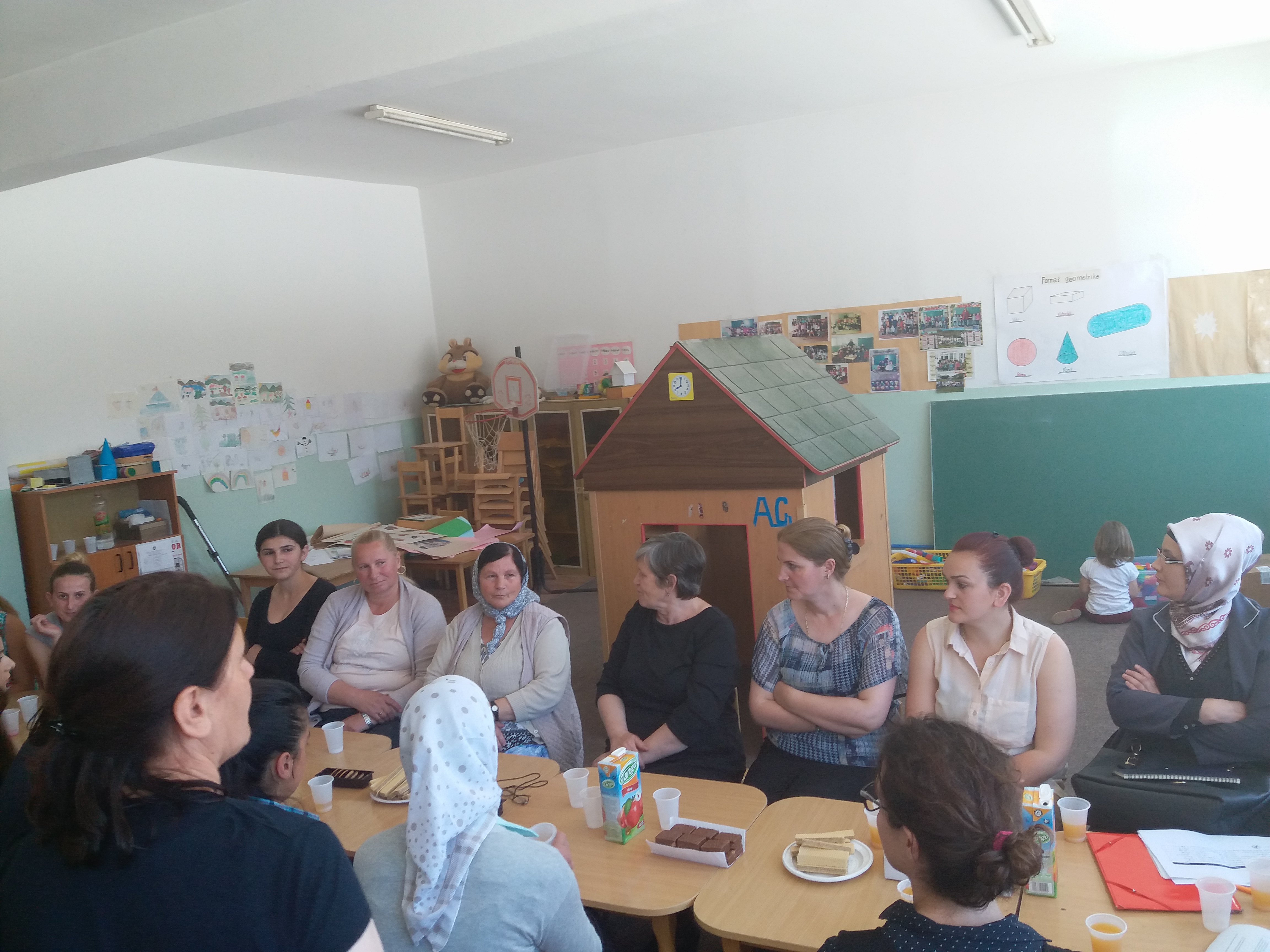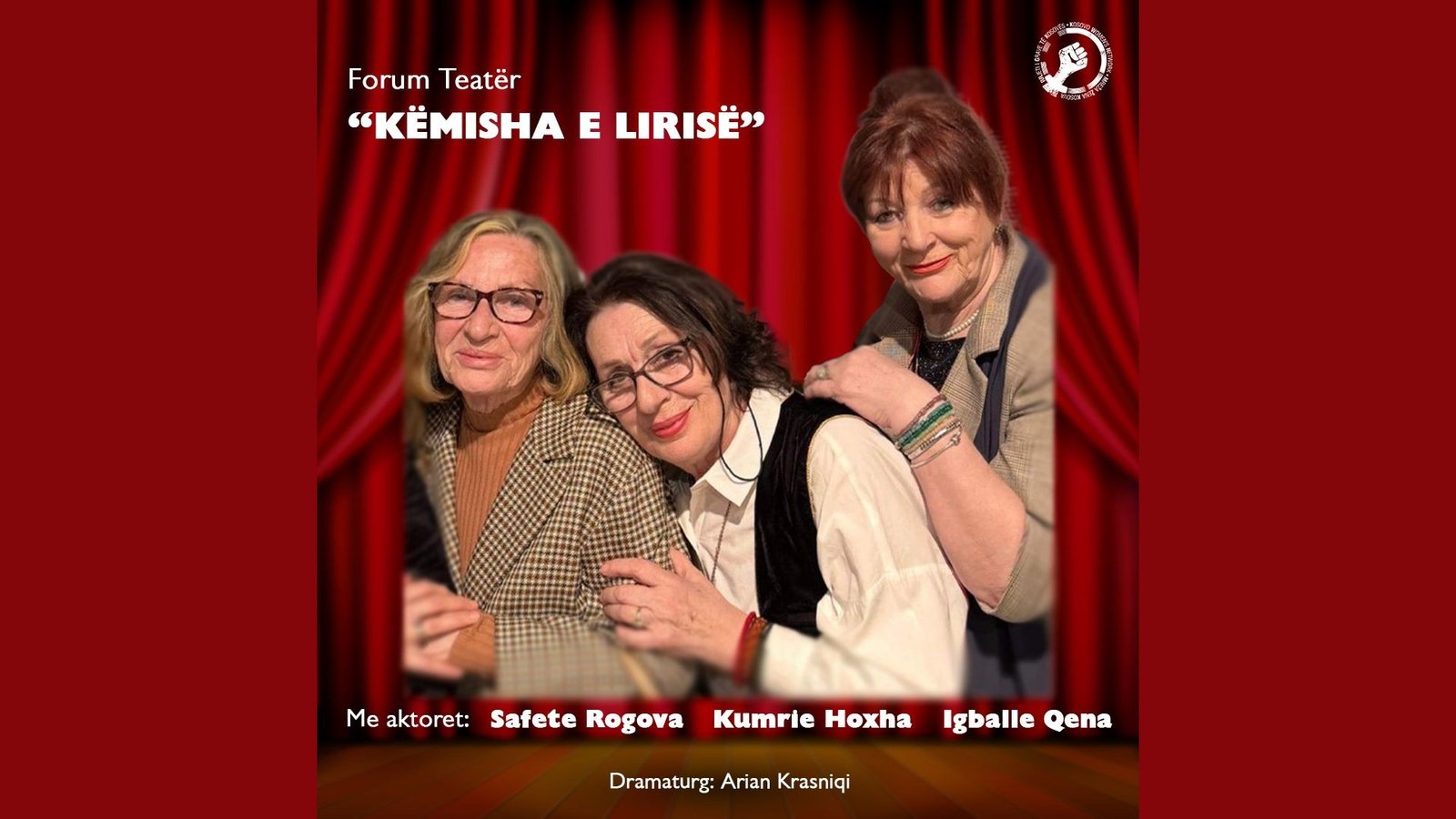On 19 May, in Village Rrenc of the Dragash Municipality, a member organization of the Kosovo Women’s Network (KWN), the Women’s InitiativeAssociation organized an information roundtable on women’s empowerment in politics and decision-making.
The aim of this project is to build gender capacities in order to encourage women to participate more actively in social and political life, support and support of women in political parties, their engagement and empowerment within the party, support to each other in advancing internal, vocational training and their delegation to certain decision-making positions.
To draft this project, the Women’s Initiative Association was based on low economic development as one of the factors that directly affects the gender perspective and as a consequence the active participation of women in civil society and politics is low. Also, the Association was based on the most conservative mentality of the Municipality of Dragash, which according to them produces many other difficulties for the position of women, which probably other municipalities have already overcome.
The Municipal Officer for Gender Equality, Ms. Lendita Kosmaçi Pira spoke about the importance of women’s active participation in politics, pointing out that the quota of 30%of womenrepresentation at the municipal assembly is very low. She also expressed dissatisfaction that there is no representation of women in decision-making positions in the Municipality of Dragash, considering that there are over ten leadership positions in different directorates in this municipality.
Whilst, theWomen’s Initiative Association believes that the results of this project will have a positive impact on women’s awareness of their legal rights related to gender-based violence, awareness of their property and inheritance rights and their engagement for the first time in political parties. Ms. Xhejrane Lokaj, director of the Association, also announced 15 open positions at the tailoring workshop in Shalme, by encouraging women to previously enrol at the employment office. This outcome is a result of successful advocacy for the economic empowerment of women in this region.
Over 150 women direct beneficiaries expressed satisfaction that they were part of this project. They emphasized that for the first time they were conducting such trainings that are influencing on them to freely discuss with the family and the circle about the rights of women and girls to property and inheritance, the consequences of gender-based violence and how they will empower their demands for decision-making positions for women. Also,around 20000 citizens, respectively residents of the Municipality of Dragash have benefited from this project in indirect manner.
This roundtable was organized as an activity within the project "Time for a new political spirit", supported by KWN and funded by the European Union Office in Kosovo, and implemented by the Women’s Initiative Association in Dragash.





